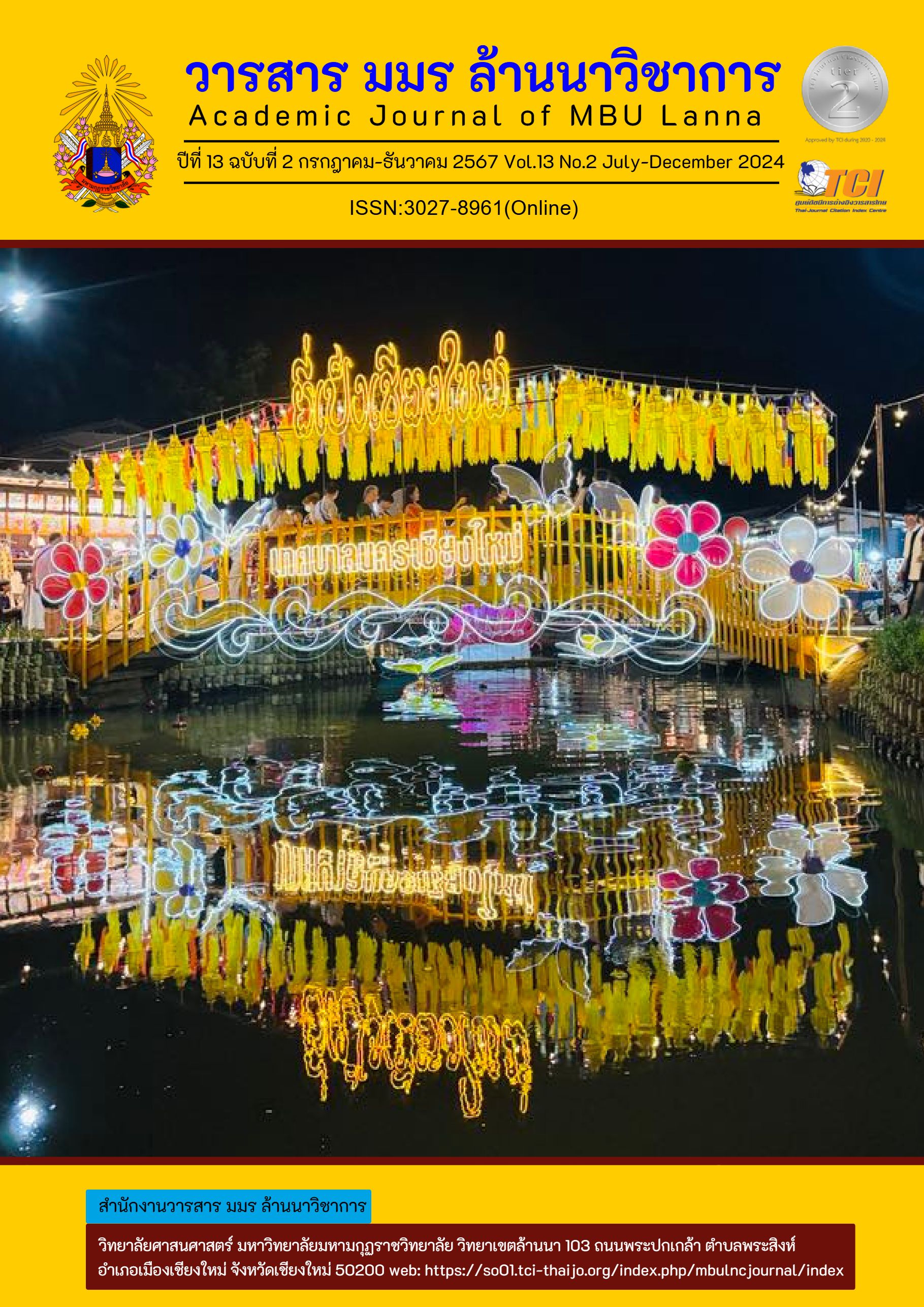A Model for Development Competencies for the Administrators of the Buddhist Scripture Schools According to the Philosophy of Sufficiency Economy
Keywords:
Philosophy of sufficiency economy, Competency, Phrapariyattham schoolAbstract
The objectives of this research were: 1) to create a model for developing the competency of Phrapariyattham school administrators 2) to evaluate the model for developing competency for Phrapariyattham school administrators. The research is divided into 2 steps as follows: Step 1: Creating a model for developing the competency of Phrapariyattham school administrators. According to the philosophy of sufficiency economy and examine the model by group discussion of 9 experts/person and step 2, evaluate the model for developing the competency of Phrapariyattham school administrators. According to the philosophy of sufficiency economy the group of informants were administrators of Phrapariyattham school. Under the national office of Buddhism, 201 figures were used. The tool used was a feasibility assessment model and usefulness of the format types of evaluation scales: 5 levels. Statistics used in research include mean and standard deviation.
The results of this research found that:
- The results of creating a model for developing the competency of Phrapariyattham school administrators. According to the philosophy of sufficiency economy, there are 5 main elements: 1) principles 2) objectives 3) issues for developing the competency of Phrapariyatti school administrators 4) guidelines for developing competency for Phrapariyatti school administrators 5) conditions. succeed and experts assessed the suitability of the format at a high level.
- The format was feasible for use. and is of a high level of usefulness.
References
กระทรวงศึกษาธิการ. (2559). แผนพัฒนาการศึกษาของกระทรวงศึกษาธิการฉบับที่ 12 (พ.ศ. 2560-2664). สำนักงานปลัดกระทรวงศึกษาธิการ กระทรวงศึกษาธิการ.
ขจรศักดิ์ ศิริมัย. (2554). เรื่องน่ารู้เกี่ยวกับสมรรถนะ. มหาวิทยาลัยเทคโนโลยีราชมงคลพระนคร.
ธีระ รุญเจริญ. (2553). ความเป็นผู้บริหารมืออาชีพในการจัดและบริหารการศึกษายุคปฏิรูปการศึกษา (พิมพ์ครั้งที่ 6). ข้าวฟ่าง.
นริศ มหาพรหมวัน. (2561). รูปแบบสมรรถนะผู้นำโรงเรียนเอกชนสู่มาตรฐานสากล [วิทยานิพนธ์ปริญญดุษฎีบัณฑิต, มหาวิทยาลัยราชภัฏเชียงใหม่]. Chiang Mai Rajabhat University Intellectual Repository. http://cmruir.cmru.ac.th/handle/123456789/1872
ประเวศ วะสี. (2553). แผนชีวิตชุมชนและการพัฒนาที่ยั่งยืน. เครือข่ายแผนแม่บทชุมชนพึ่งตนเอง 4 ภาค
ปรียานุช ธรรมปิยา. (2558). การขับเคลื่อนปรัชญาของเศรษฐกิจพอเพียงด้านการศึกษา (พ.ศ. 2549-2558). ศูนย์สถานศึกษาพอเพียง มูลนิธิยุวสถิรคุณ.
วิจิตร ศรีสอ้าน. (2550, 23 มีนาคม). คุณธรรม 8 ประการ. สยามรัฐ.
วิโรจน์ สารรัตนะ. (2556). กระบวนทัศน์ใหม่ทางการศึกษา กรณีทัศนะต่อการศึกษาศตวรรษที่ 21. ทิพยวิสุทธิ์.
ศาลินา บุญเกื้อ และนันทกาญจน์ ชินประหัษฐ์. (2557). รายงานการวิจัยฉบับสมบูรณ์การถอดบทเรียนและวิเคราะห์อัตลักษณ์ศูนย์การเรียนตามหลักปรัชญาของเศรษฐกิจพอเพียงด้านการศึกษา. ศูนย์สถานศึกษาพอเพียง มูลนิธิยุวสถิรคุณ.
สำนักงานพระพุทธศาสนาแห่งชาติ. (2552). แผนยุทธศาสตร์และแผนปฏิบัติการการศึกษา โรงเรียนพระปริยัติธรรม แผนกสามัญศึกษา (พุทธศักราช 2553-2562). โรงพิมพ์สำนักงานพระพุทธศาสนาแห่งชาติ.
สำนักงานพระพุทธศาสนาแห่งชาติ. (2560). แผนยุทธศาสตร์สานักงานพระพุทธศาสนาแห่งชาติ 20 ปี: ระยะที่ 1 (พ.ศ. 2560-2564). โรงพิมพ์สำนักงานพระพุทธศาสนาแห่งชาติ.
สำนักงานสภาพัฒนาการเศรษฐกิจและสังคมแห่งชาติ. (2560). แผนพัฒนาเศรษฐกิจและสังคมแห่งชาติ ฉบับที่ 12 พ.ศ. 2560-2564. https://www.nesdc.go.th/ewt_dl_link.php?nid=6422
สิปปนนท์ เกตุทัต. (2552). อนาคตของอุดมศึกษาไทย. วารสารศึกษาทั่วไป มหาวิทยาลัยขอนแก่น, 2(2), 1-4.
อนันต์ พันนึก. (2554). การวิจัยและพัฒนาโปรแกรมพัฒนาสมรรถนะผู้บริหารสถานศึกษาขั้นพื้นฐาน [วิทยานิพนธ์ปริญญาดุษฎีบัณฑิต ไม่ได้ตีพิมพ์]. มหาวิทยาลัยขอนแก่น.
Downloads
Published
How to Cite
Issue
Section
License
Copyright (c) 2024 Academic Journal of MBU Lanna

This work is licensed under a Creative Commons Attribution-NonCommercial-NoDerivatives 4.0 International License.
บทความที่ได้รับการตีพิมพ์เป็นลิขสิทธิ์ของวารสาร
ข้อความที่ปรากฏในบทความแต่ละเรื่องในวารสารเล่มนี้เป็นความคิดเห็นส่วนตัวของผู้เขียนแต่ละท่านหากมีความผิดพลาดใดๆ ผู้เขียนแต่ล่ะท่านจะรับผิดชอบบทความองตนเองแต่เพียงผู้เดียว



